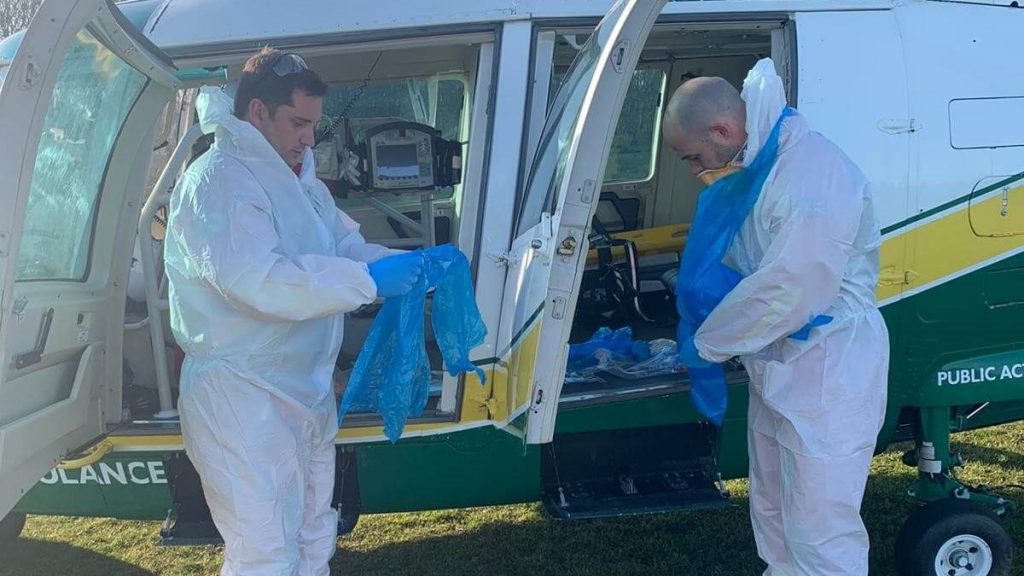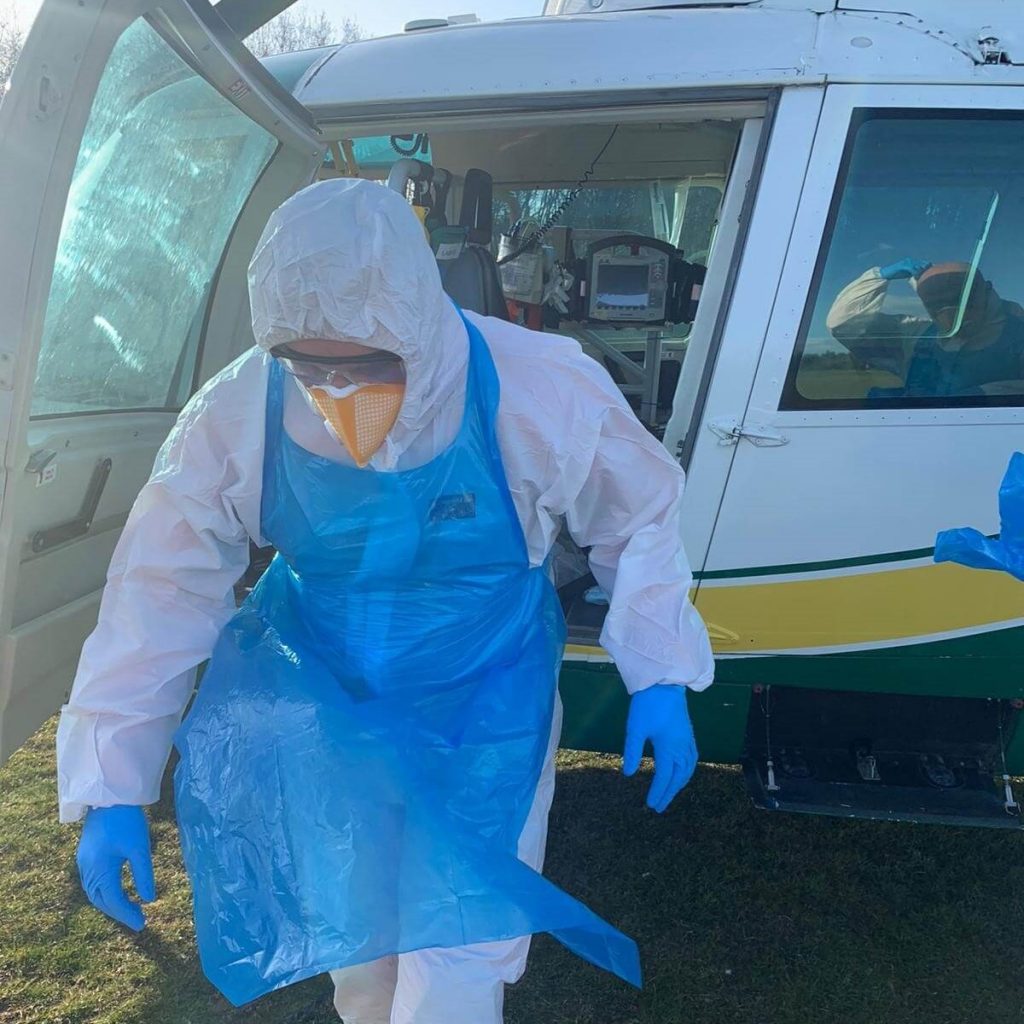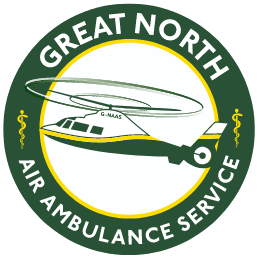With your backing, we can continue to reach desperately ill and injured patients across our region. Here’s why we took the decision to fly on.
Over the last few days, we’ve been busy helping people who desperately needed the services of our critical care team. A person bitten by a snake. A child hit by a bicycle. A man in cardiac arrest and another in a collision with a car. These incidents happened across our area and in each case our aircraft flew to the scene with the critical care team on board.


Some of you have been asking why we are still flying when other UK air ambulances are not. We are completely funded by members of the public, so we think it is important to be open about what we do and how we do it.
Covid-19: with your help we will fly on
Every air ambulance service in the UK is different. Set up at different times, under different models and each with its own unique local pressures.
In our case, we have always sought to support the NHS, but to be run separately from it. We have been an independent registered charity since 2002. This was mainly to protect our funding, as NHS budgets can fluctuate and threaten the stability and progression of an expensive service such as an air ambulance, no matter how essential it may be. But this also allows us to employ our own clinical staff and therefore make our own decisions about how best to utilise them.


Our number one priority throughout the COVID-19 crisis is to use the resources we have available to us – our aircraft, cars and expert clinical teams – in the way that brings the most impact for the people of our region. The patient comes first now and always. At this precise moment in time, this means having our two active aircraft, each with a doctor and paramedic critical care team, responding from our bases in Cumbria and the North East.
We are also continuing our overnight rapid response car service four nights a week, as normal. As previously shared with you, we are taking additional safety measures to protect the health of both our teams and the people they encounter.
This is clearly of immediate benefit to the people we are out there helping. But less obvious is the impact further down the line. Last year, a research paper was published in the British Medical Journal that showed that our patients spend less time in intensive care units (ICUs) than those admitted to ICU without our involvement. This is because our critical care team is able to deliver advanced care at the scene, which improves both the patient’s chances of survival and shortens their recovery. This reduces strain on hospitals and ambulance services throughout our region. We all know how important that is at present.
Covid-19: with your help we will fly on
These arrangements could all change as we constantly reassess how best we can support the NHS. Right now, we think this is the best we can do for the communities we serve and our partners. In return, the support you have given us so far has been a source of inspiration for our teams.
You should be proud that by doing your bit for GNAAS, you aren’t just supporting those desperate people who need our care, you are also supporting the NHS. With your help we all fly on.
With your help we will fly on
With all the uncertainty in the world, you can be certain that we’ll be here for you
Donate



